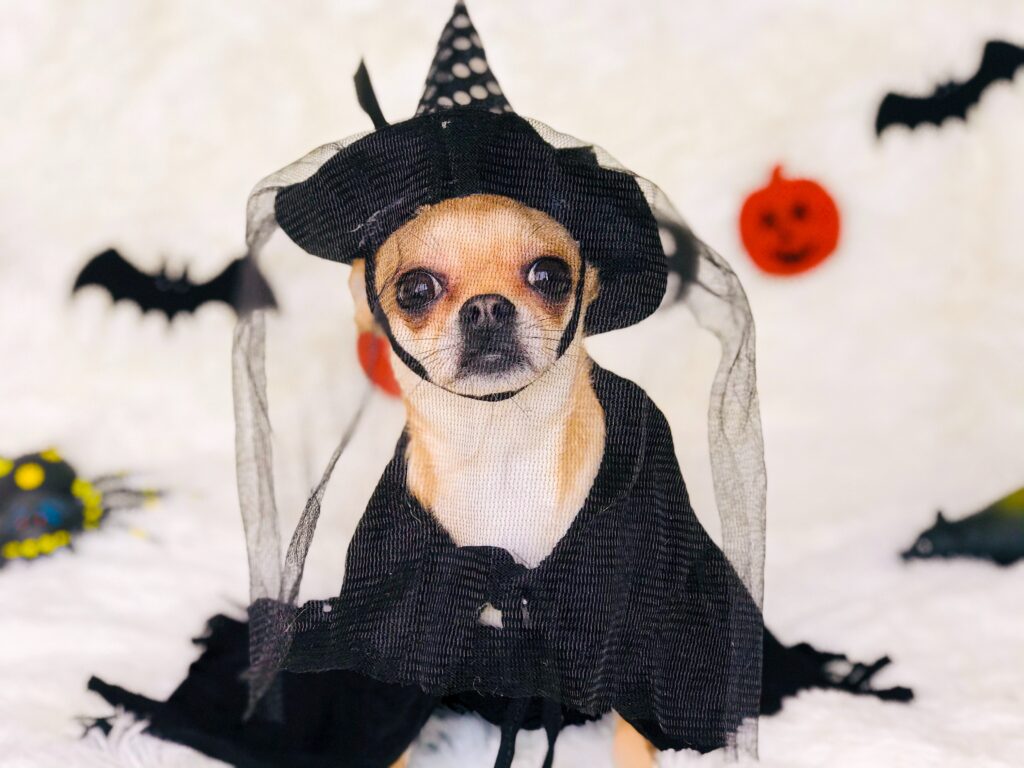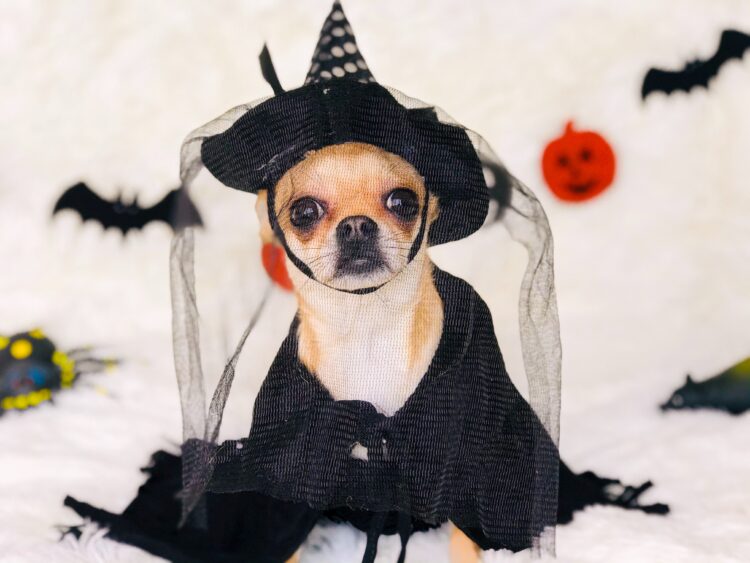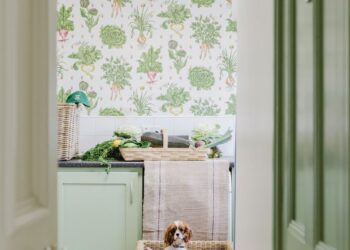October can be a stressful time for dogs and cats. Here’s some vet-approved advice for keeping your pet safe

Most pets are scared by loud, sudden noises, because their hearing is much more sensitive than a human’s. This means that Halloween fireworks can cause your pet a lot of distress, and unfortunately, this can go on for weeks in the lead up to the night itself.
Up to 80% of pet owners report that their pet is afraid of fireworks. Dogs may panic and run blindly, putting themselves at risks, and cats may try to run away. Halloween is a common time for pets to go missing or to be injured on the roads.
Here, Veterinary Ireland shares advice for pet owners this October:
1. Don’t leave your pet home alone
Where possible, ensure that someone remains with your pet when fireworks may be heard, and especially on Halloween night. Keep your pet inside with the windows and doors closed.
2. Make a den for your pet
Having somewhere to hide can bring your pet some comfort. Make a comfortable bed, with old clothing or blankets, to give your pet reassurance. For a dog, a crate with blankets over it is ideal, or a cat may prefer to hide in a high up location such as on top of a wardrobe.
3. Create a calming environment
Play your favourite radio station to help distract them. There are also plug-in diffusers, sprays and collars containing pheromones, as well as other products available at your vet’s, to help relieve anxiety in pets.
4. Don’t punish your pet
Your pet may display anxious behaviour, such as scratching at doors or soiling inside the house. Punishing them during this stressful time may make matters worse and exacerbate their anxiety. Ignore fearful behaviour such as panting, shaking or whining. Paying extra attention to them in an attempt to comfort them, may be perceived as a reward for displaying this type of behaviour.
5. Be careful at Halloween celebrations
Keep Halloween sweets or treats out of reach of your pet. Chocolate in particular can make dogs sick, and sweets are a choking risk for your pet. Also, you may be keen to dress up your pet in a costume, but not all dogs appreciate it. If your dog is happy to wear something, make sure it is for the right size and species, to ensure it is not painful or restrictive to wear.
6. Know the signs of anxiety
In dogs, you may notice they start to shiver or shake. They may engage in destructive behaviour like chewing or scratching, or may start soiling indoors. They may pant excessively, lick their lips or pace in the house, and they may try to escape. In cats, they may start cowering or hiding, soiling indoors, refusing to eat or attempt to run away.








